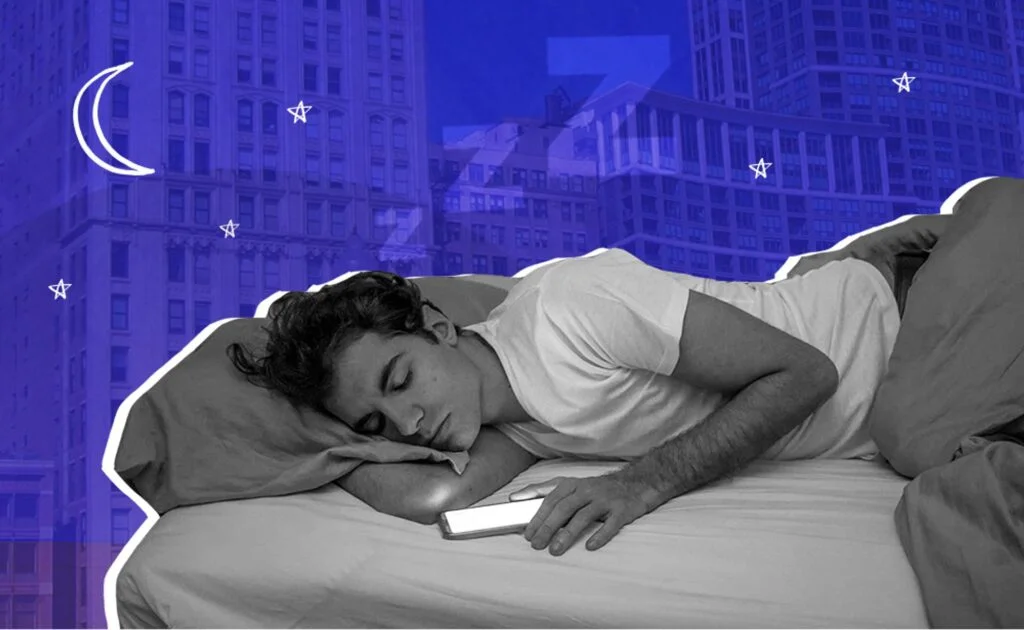
Just a quick tour around Gen Z’s favorite TikToks reveals their serious obsession with something young people didn’t used to care much about — sleep. Getting enough sleep, and high-quality sleep, is a must for the health-conscious generation. And while (stereotypically) boomers might know more about changing a tire without help, the group of up and coming adults born in the mid-1990s through early 2010s is winning the sleep battle.
A 2024 Canadian study from Pearl Strategy and Innovation Design, an innovation research company, found that 63 percent of those surveyed in the Gen Z generation placed a high priority on sleep. (1) The same study showed that 52 percent of Millennials and 48 percent of Gen X placed a high priority on sleep. Sixty-four percent of Millennials were concerned about their lack of sleep, which impacted their health. Additionally, the Canadian study found that 60 percent of Gen Z(ers) considered tiredness or lack of energy as a major health concern. Other generations might just see it as a byproduct of hard work — to their own detriment.
The State of Sleep in America 2022 report found that 68 percent of Americans between the ages of 18 and 29 recognized that sleep had a major impact on their moods. (2) But they also have difficulties like other Americans do with sleep — 61 percent of adults under the age 30 struggle to sleep.
The Calm app shared in their 2023 Snooze Report that 38 percent of Gen Z’s ability to fall asleep is affected by current events and 26 percent of Gen Zs are more likely kept awake by prolonged technology use. The report also revealed that 46 percent of the Gen Z generation had difficulty falling asleep — almost twice as high as Millennials–but both generations struggled with staying asleep.
This shows why Gen Z loves discussing sleep so much on social media, with terms like “Bed Rotting” — a term used to describe staying in bed all day by choice, and Sleepy girl mocktails– magnesium powder and cherry juice to help them “sleep like a baby”, are still trending.
However, recent generations have struggled more with increased mental health concerns, which often negatively impact their ability to get enough high-quality sleep. So, any generation who is lying awake at night with anxiety, depression, or other mental health symptoms might need to seek medical advice rather than social media quick fixes. And, some Gen Zers who are night owls, might face an increased risk of depression.
Other data shows that each generation is improving their sleep health, such as Millennials resting more than Gen X. Different age groups even have different napping patterns, according to TikTok’s explanation of how Gen Z, Gen X, Millennials, and different generations nap best.
Regardless of your age, prioritizing mental health, exercise earlier in the day, proper sleep hygiene with a screen free bedtime routine, will likely improve your sleep. In the case for sleep, let’s all act like Gen Zers.
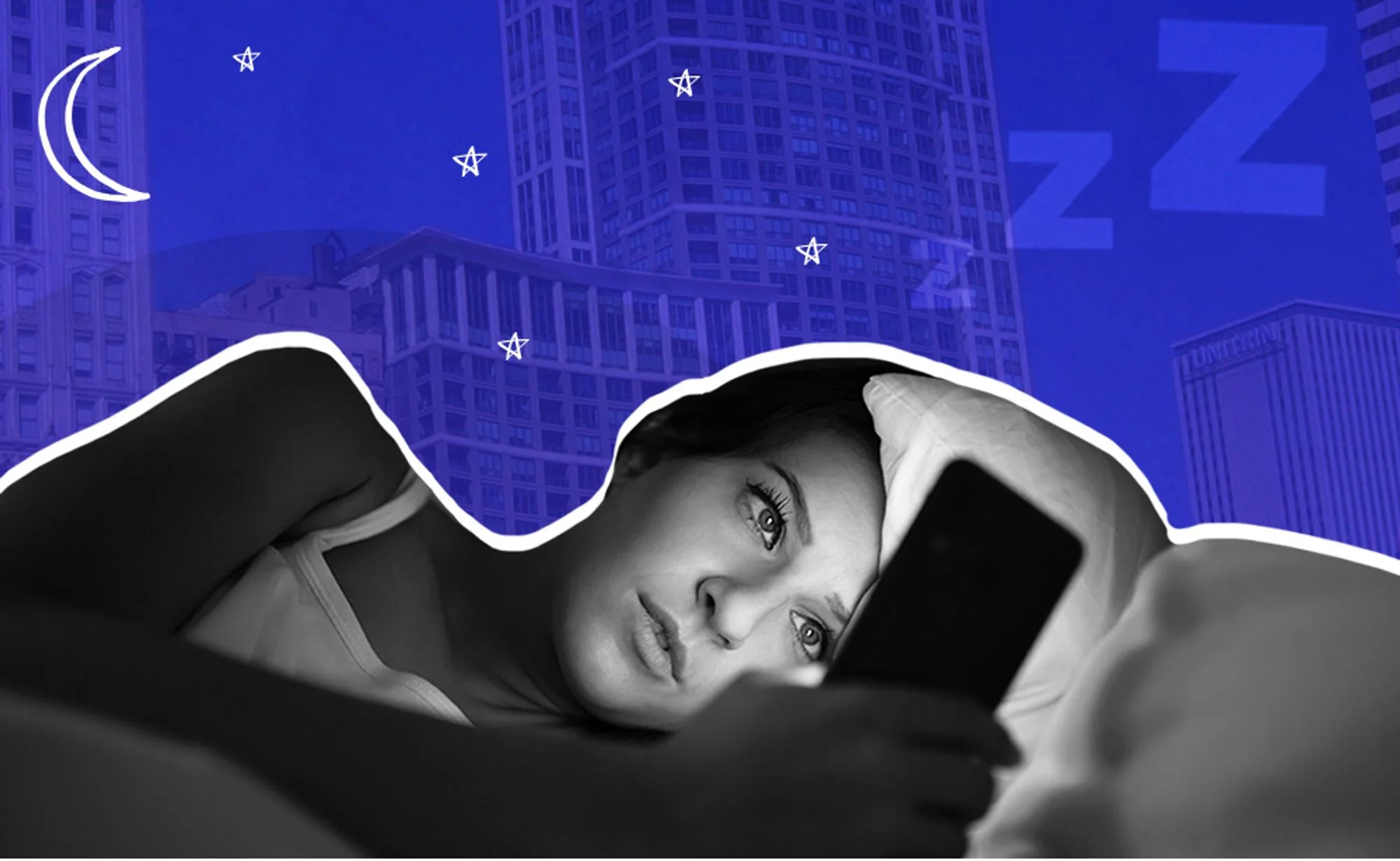
Exclusive Survey Reveals Double Whammy Driving Millennials’ Sleep Issues: Social Media and Mental Health
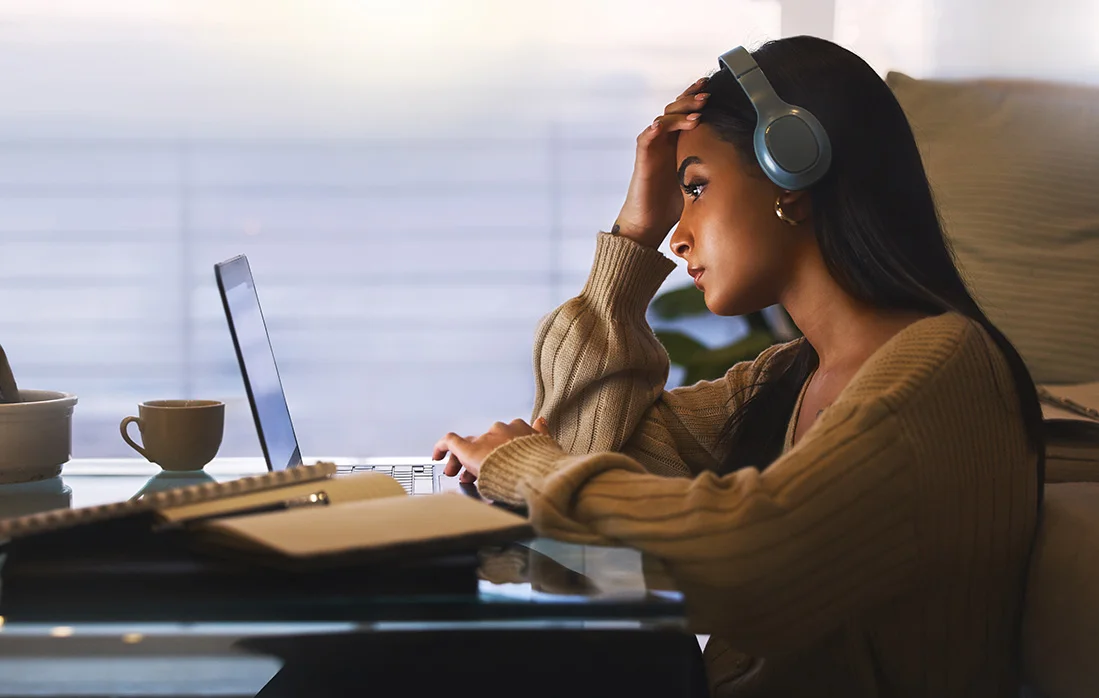
Gen Z and Millennials Prone to ‘Sunday Scaries’
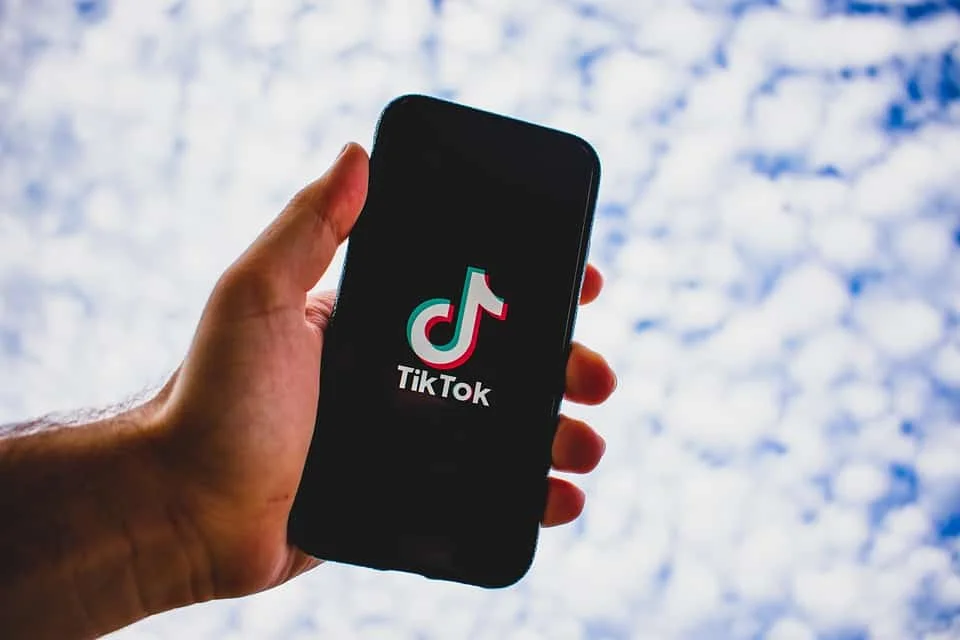
Gen Z Is TikTok Tired and Women Are Feeling It the Most
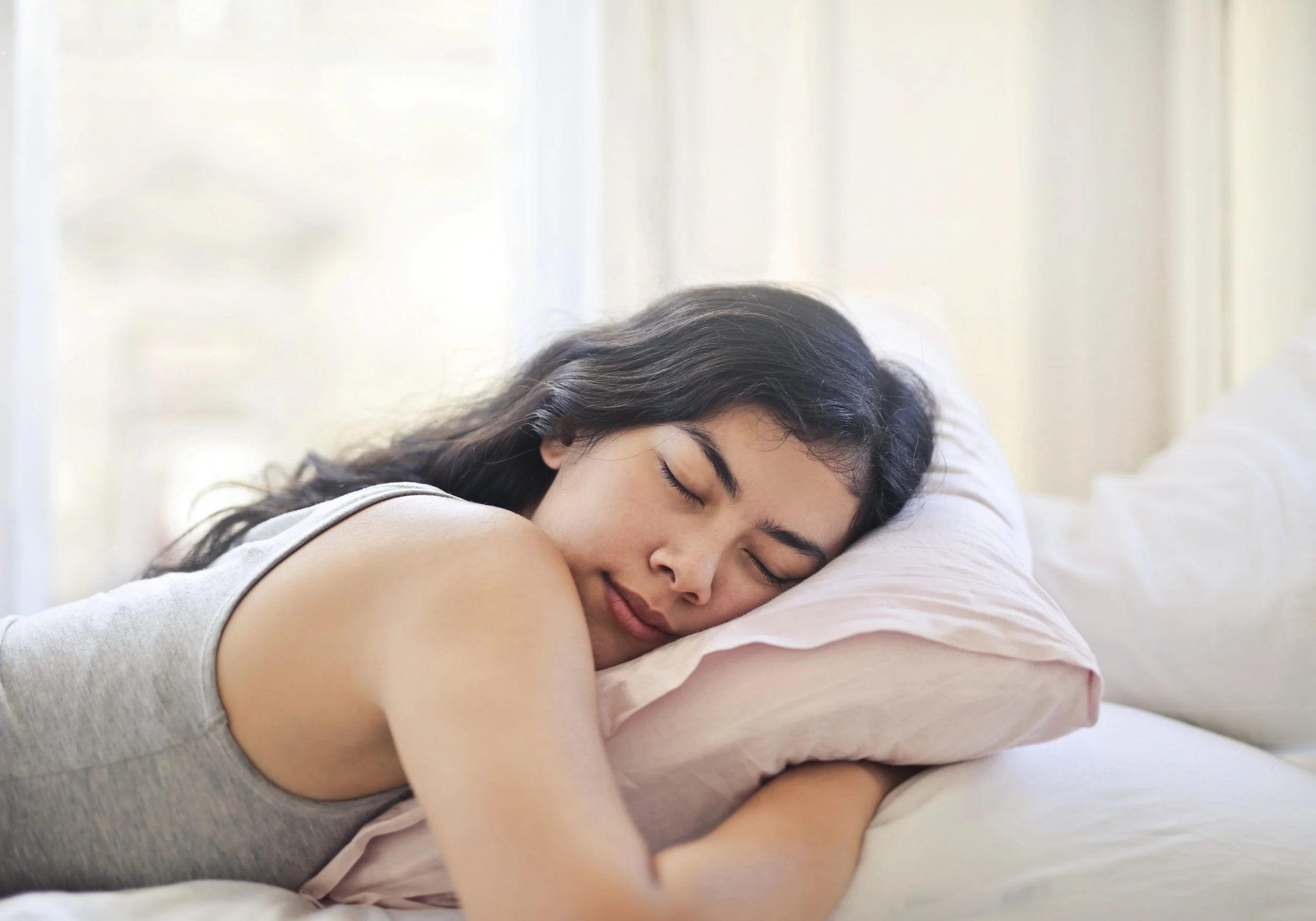
Generation Sleep: Millennials Resting More Than Gen X
Sources
1. Pearl Strategy; “2024 HEALTH & WELLNESS REPORT,” https://pearl-strategy.ca/health-and-wellness-2024/; May 2024.
2. Gallup; “Casper-Gallup State of Sleep in America 2022 Report,” https://www.gallup.com/analytics/390536/sleep-in-america-2022.aspx; 2022.

























